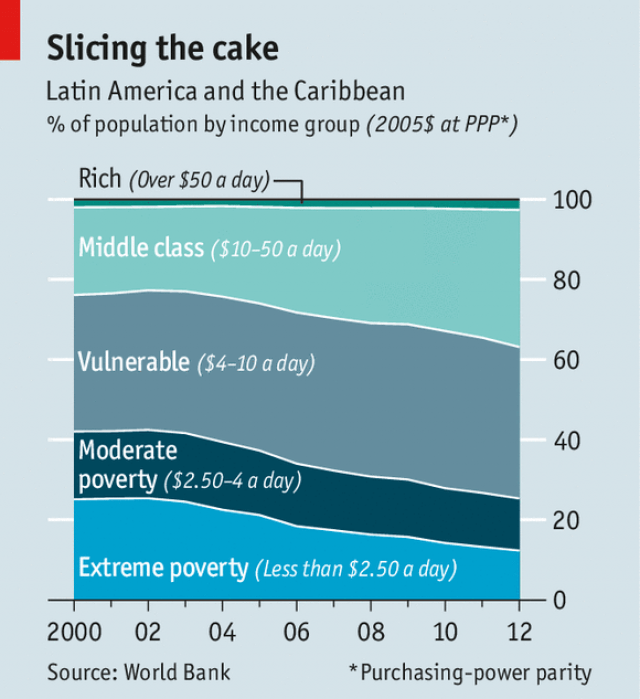News Analysis |
The Supreme Court, Chief Justice, Mian Saqib Nisar, on Wednesday, remarked that the construction of Kalabagh dam was inevitable.
The purpose of the dam is to produce electricity at Rs1.5 per unit, in contrast to the electricity produced from oil is available for Rs16 to Rs25 per unit.
A three-member bench headed by the Chief Justice resumed hearing a case pertaining to the construction of Kalabagh Dam. As the hearing started, ex Chairman Water and Power Development Authority (WAPDA), Shamsul Mulk presented arguments in the favor of the dam.
The Chief Justice, during the hearing, highlighted the ongoing water crisis in the country emphasizing on an urgent need for sustainable solutions, “or else it will shape into a more complex and difficult issue in the next 5 years,” with far-reaching impact on urban centres, agricultural produce and drinking water.
Read more: Can judicial activism pave way for construction of Kalabagh dam?
“We will have to construct it at any cost and for this, all four provinces will have to sacrifice. If there is an objection on the name of the dam it can be named as Pakistan Dam”, the top court Judge remarked.
As the hearing commenced, WAPDA’s ex Chairman, Shamsul Mulk said, he had met all stakeholders of Kalabagh Dam and they accepted the unprecedented need for the dam, but lacked faith, in the equal supply of water all across Pakistan by the Punjab government.
He informed the court that, Tarbela Dam output is being distributed proportionately among all four provinces as per their share of their population. He said, “KP receives 4 per cent, Sindh 70 per cent, Balochistan 6 per cent and Punjab 20 per cent water.”
He said Sindh’s representation in Indus River System Authority (IRSA) is more than other provinces. He said that the authority has briefed the KP government and Awami National Party on the dam issue and the party’s senior leaders had assured cooperation.
As the hearing started, ex Chairman Water and Power Development Authority (WAPDA), Shamsul Mulk presented arguments in the favor of the dam.
The Chief Justice asked if Pakistan’s survival was possible without water, urging Shamsul Mulk and Aitzaz Ahsan to facilitate progress.
The applicant of the case informed the top court Judges that all stakeholders were agreed on the construction of Kalabagh Dam. Responding to the applicant, the Chief Justice said the issue of Kalabagh dam is not a simple issue, it is in fact marred by controversy.
Read more: Chief Justice says stakeholders of Kala Bagh Dam will stay unaffected…
The Chief Justice remarked, “I am thinking of organizing a seminar centred on the water issue.” The former WAPDA Chairman said India has constructed over 4,000 dams, adding that “those who opposed the construction of dams in the country did injustice to the nation.”
He said the country is facing a deficit of Rs 196 billion due to non-construction of dams. The purpose of the dam is to produce electricity at Rs1.5 per unit, in contrast to the electricity produced from oil is available for Rs16 to Rs25 per unit.
Aitezaz Ahsan, emphasized the need for dialogue with the opposing stakeholders, however, the Chief Justice suggested that “the government should prioritize non-controversial dams instead of sticking to disputed ones.
The need for dams is obvious, the SC remains committed to finding a solution to the water crisis.














